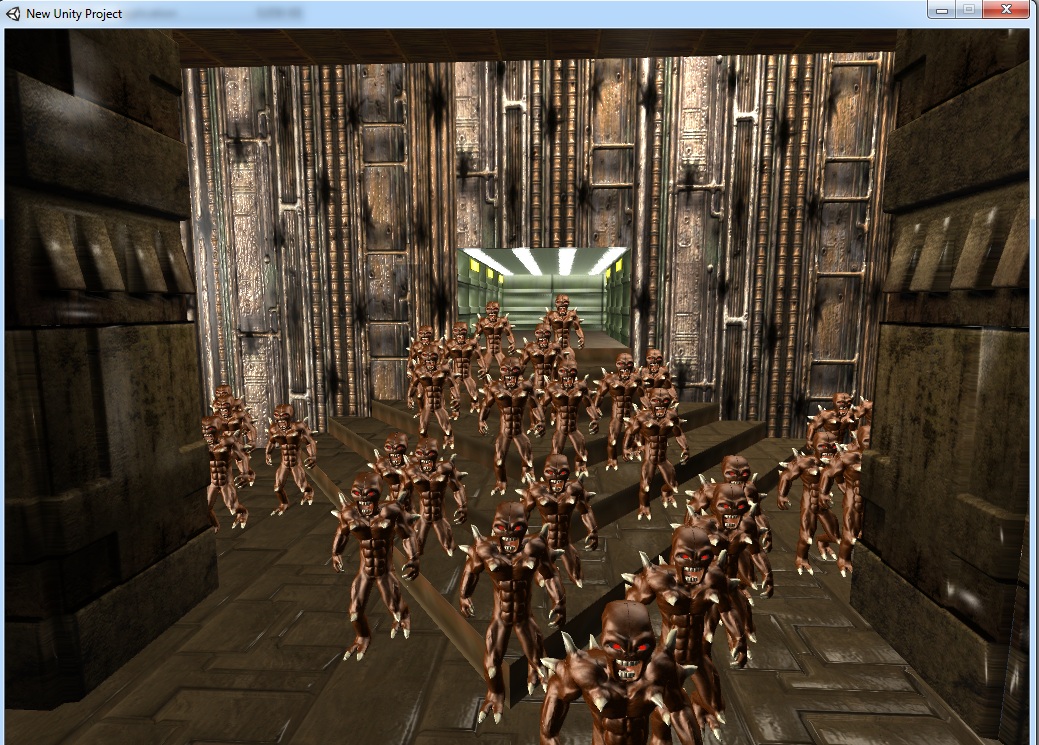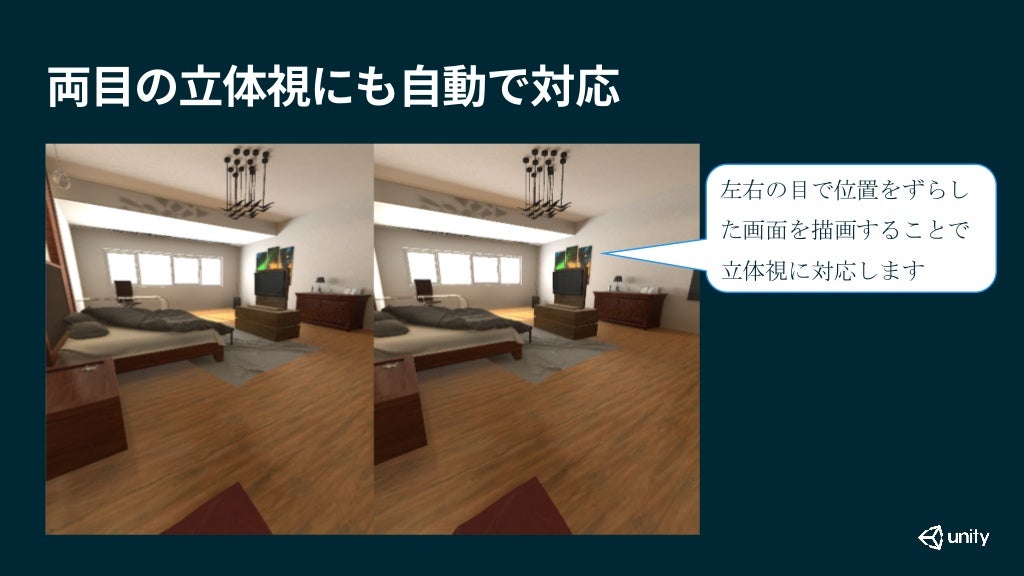

Just to build a secure store for identity, authentication with basic username/password, authorization via OAuth, and basic security policy, it takes a large team months. The level of effort to build identity security from scratch is massive. However, more is potentially needed to handle authorization to specific aspects of the project results, as well as professional requirements to integrate or federate with other technologies used by these professionals. Professional projects such as ArchViz, or simulations done for security or scientific application, need to protect the intellectual property within the project itself, and the user identity, just like games. With XR use cases, the concept is similar to what is described above for gaming-especially if the project is a VR game-however professional XR projects open up a whole new area of interest.

Once the game gets to a more complex level of interconnectivity, and once users are trusting you with private information and financial information, proper identity security is paramount. It gets even more complicated when users are actually making purchases or entering personal information into your game client directly. However, once the project gets to a point where a user’s client needs to authenticate a user and authorize that user to one or multiple servers, the solutions provided by stores fall short. Even the introduction of microtransactions can stay secure with just a store if these transactions are being handled by that store. Using a game store’s authorization-as is common today-is more than enough for this use case. A single-player game really only needs to focus on protecting its own intellectual property from theft. In gaming, use cases tend to depend on the project itself. As the industry advances beyond anonymous consumption of video games, into massively interconnected online projects, or professional XR use cases such as ArchViz and simulation, new requirements have appeared for authentication and authorization.

The industry has instead traditionally relied on custom-built solutions and/or delegated auth from other products, like game stores. In fact, most engines today do not provide solutions for securing identity, authenticating users, and authorizing users.

Identity security is a key concept that is mostly missing in Unity. The engine has been adopted by industries outside video gaming such as film, automotive, architecture, engineering, and construction. The engine is able to create three-dimensional, two-dimensional, virtual reality, and augmented reality games, as well as simulations and other experiences. Unity is a cross-platform game engine developed by Unity Technologies.


 0 kommentar(er)
0 kommentar(er)
